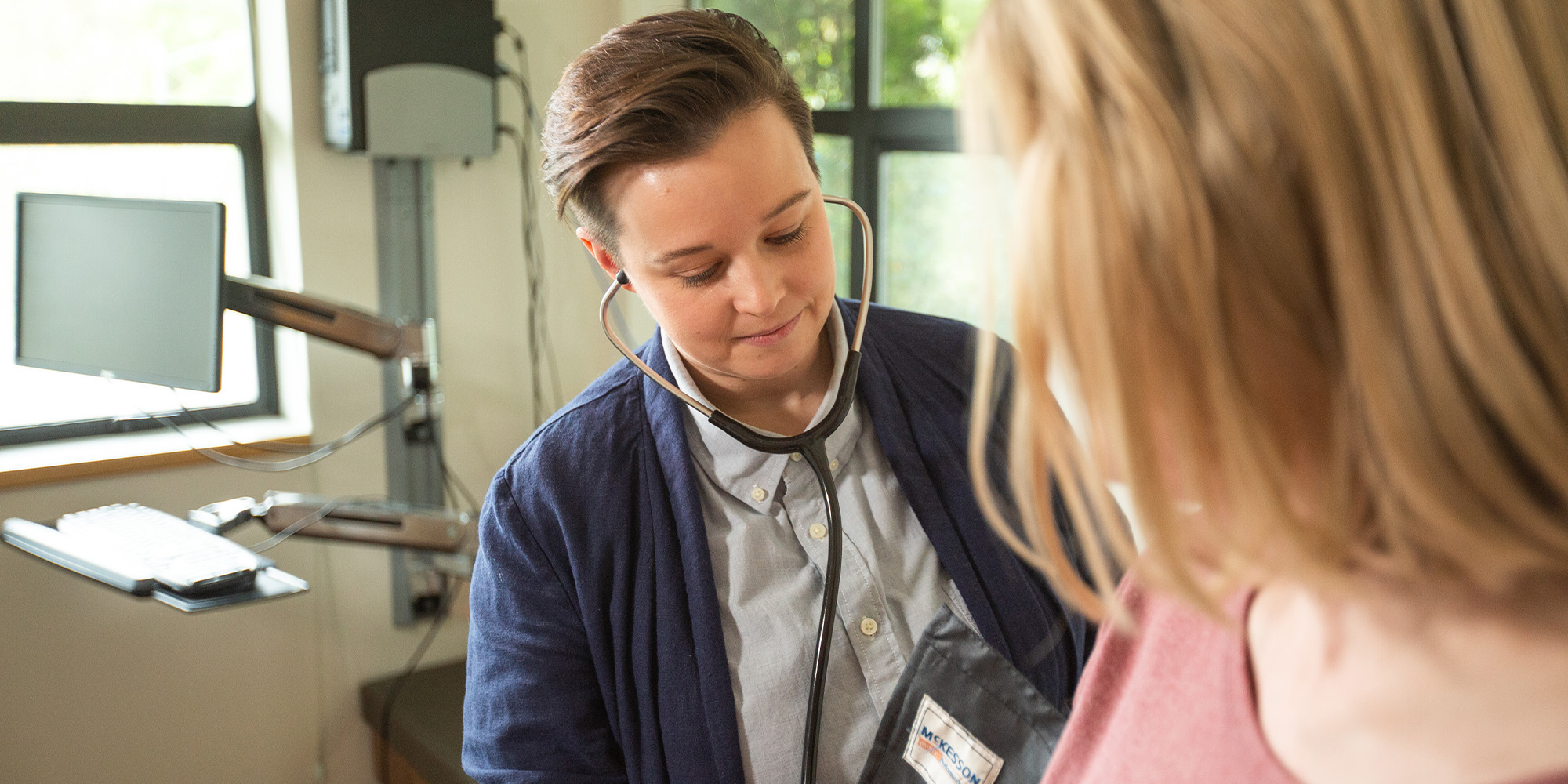In recent years, there has been increasing recognition of the importance of providing inclusive healthcare services that cater to the specific needs of LGBTQIA+ (lesbian, gay, bisexual, transgender, queer and/or questioning, intersex, asexual/aromantic/agender) individuals. "Pullman, with its vibrant, diverse, and student-heavy community, has an opportunity to lead the way in offering healthcare that embraces and supports the LGBTQIA+ population," says Dr. Kaz Brodsky, Primary Care Physician at Pullman Family Medicine. Here are five reasons it is crucial to create a safe and affirming environment for LGBTQIA+ individuals:
Addressing Health Disparities:
- LGBTQIA+ individuals face unique health disparities, especially compared to their heterosexual and cisgender counterparts. Sometimes these disparities are attributed to a lack of understanding by healthcare providers and a lack of access to understanding healthcare providers. By providing LGBTQIA+ healthcare, communities like Pullman, can bridge these gaps and work towards eliminating health disparities altogether and ensure equal access to quality care for all individuals.
Creating Safe and Affirming Spaces:
- An essential part of LGBTQIA+ healthcare is creating spaces where individuals feel comfortable and respected. Dr. Brodsky suggests, "Healthcare providers can establish trust and develop strong physician-patient relationships by creating spaces that give all people the opportunity to be open about their identities and experiences without fear of judgment." A way to help physicians and providers create inclusive spaces is by completing LGBTQIA+ cultural competency training which creates a better understanding of the unique health needs and challenges faced by the LGBTQIA+ communities.
Increasing Access to Comprehensive Services:
- LGBTQIA+ healthcare should include a range of services that address the community's specific needs. These services may include areas like access to gender-affirming care, sexual and reproductive health services, and preventive screenings, to name a few. Collaborating with LGBTQIA+ organizations in the community can help build comprehensive care that is readily available to individuals seeking support.
Mental Health and Well-being:
- It is not uncommon for LGBTQIA+ individuals to experience higher rates of mental health challenges. This may include depression, anxiety, and/or substance abuse. The reason for these challenges may be due to societal pressures and discrimination. Primary care professionals can refer to supportive counseling clinics, support groups, and other resources tailored to LGBTQIA+ individuals.
Improving Inclusive Policies and Practices:
- Pullman Family Medicine works to implement inclusive policies and practices for all patients and promotes LGBTQIA+ health and well-being. Since switching over to Epic, a new electronic medical record, in early 2023, patient forms have been updated to include inclusive gender identities and sexual orientations. Each year, staff at Pullman Family Medicine participate in 1-2 trainings to discuss inclusive healthcare along with other required continued education experiences. Additionally, Pullman Regional Hospital and the Clinic Network formed a DEI (Diversity, Equity, & Inclusion) committee through the hospital to try to work towards continued improvements in diversity, equity, inclusion, and justice throughout the hospital and clinics.
Promoting LGBTQIA+ healthcare on the Palouse and in the community is not about meeting legal requirements or following trends; it is about recognizing the disparity and unique needs of the local LGBTQIA+ community. By creating a safe and supportive environment, healthcare providers at Pullman Family Medicine positively impact the health and well-being of LGBTQIA+ individuals.
Please visit the Pullman Family Medicine webpage to learn more about the LGBTQIA+ services at Pullman Family Medicine or listen to an in-depth conversation on this topic with Dr. Brodsky.
